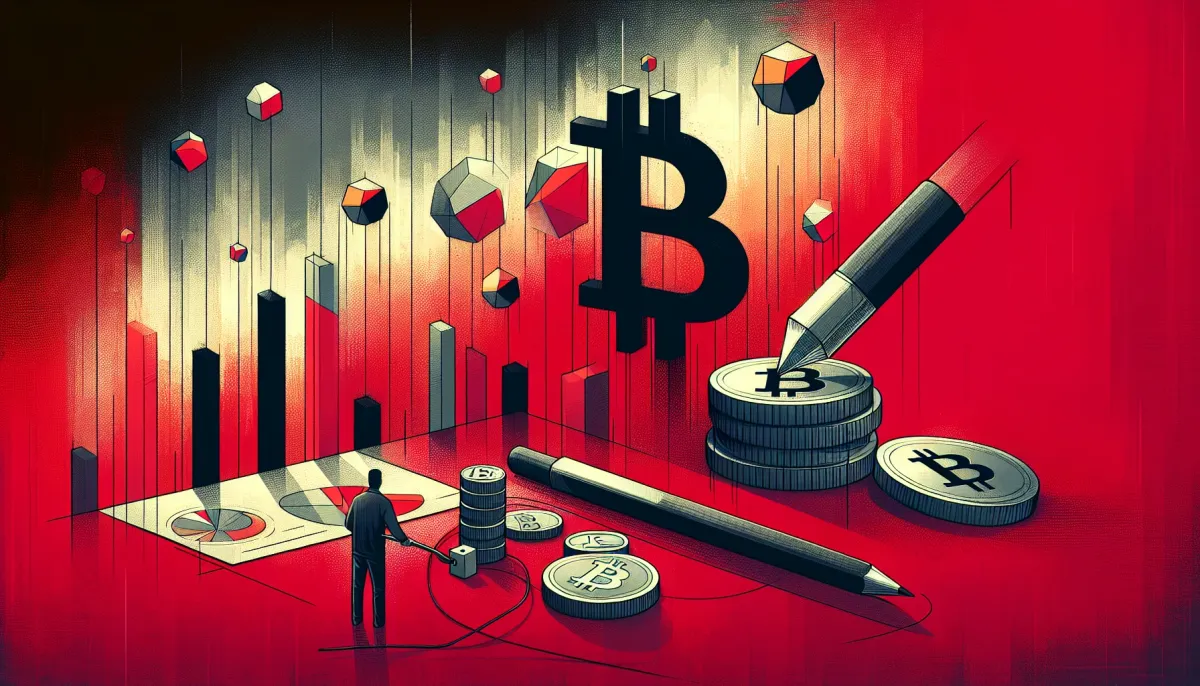Senator Cynthia Lummis from Wyoming has a bold idea. She wants to create a 20-year strategic reserve of Bitcoin. This move could help reduce the national debt and strengthen the US dollar's position globally.
In a recent interview with CNBC, Lummis explained her plan. She suggested converting gold certificates held by the Federal Reserve into Bitcoin. This approach could give a boost to the US economy.
Importantly, Lummis emphasized that this proposal wouldn’t need new taxpayer dollars. Instead, the government could use its existing resources. The gold certificates, which are currently valued at outdated prices from the 1970s, could be updated and sold. The proceeds would then be reinvested into Bitcoin.
“We wouldn’t have to spend any new dollars,” she said. Lummis pointed out that the US already holds over 200,000 Bitcoin from asset forfeiture funds, which could serve as a solid base for this reserve.
She believes this strategy makes financial sense. “This would be an asset that could help shore up the US dollar as the world reserve currency,” she added.
Lummis also highlighted Bitcoin's unique features. She described it as immutable and easy to store. It serves as a hedge against inflation, which many Americans are currently feeling. “People are still hurting from inflation and high prices,” she noted. “They want the national debt reduced.”
She believes that a strategic Bitcoin reserve could help address these issues. It could provide financial stability and potentially enhance the US dollar's global standing.
Lummis compared her proposal to the historical gold standard. “We got off the gold standard a long time ago, but this would be a way to create a reserve for the future,” she explained.
When asked about possible conflicts of interest, Lummis was clear. She advocates for transparency. Her personal Bitcoin holdings are in a blind trust, ensuring her ability to support the cryptocurrency impartially. “Bitcoin is legal tender in another country. We need to recognize that as Americans,” she stated.
Lummis compared owning Bitcoin to owning commodities like cattle. She believes ethical ownership policies can go hand in hand with advocacy. “I believe it should be okay for people to own Bitcoin without doing what I did and putting it in a blind trust,” she concluded.

